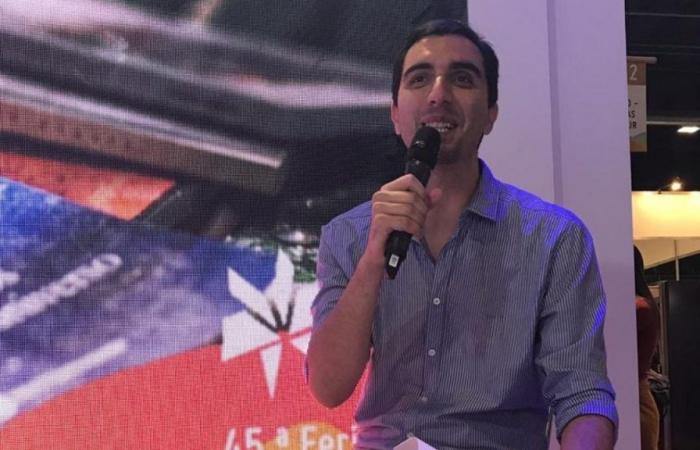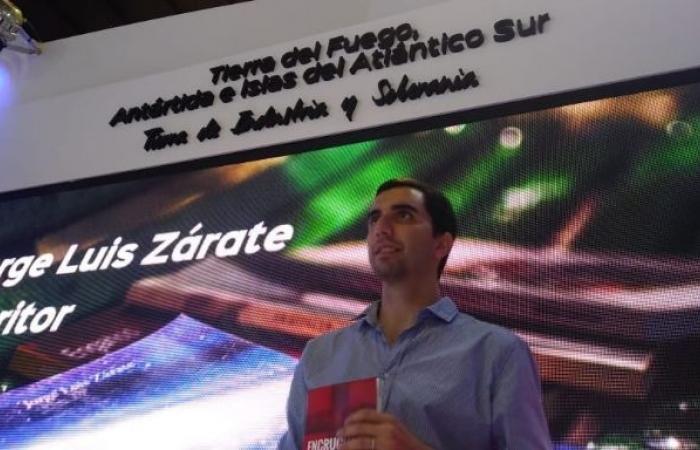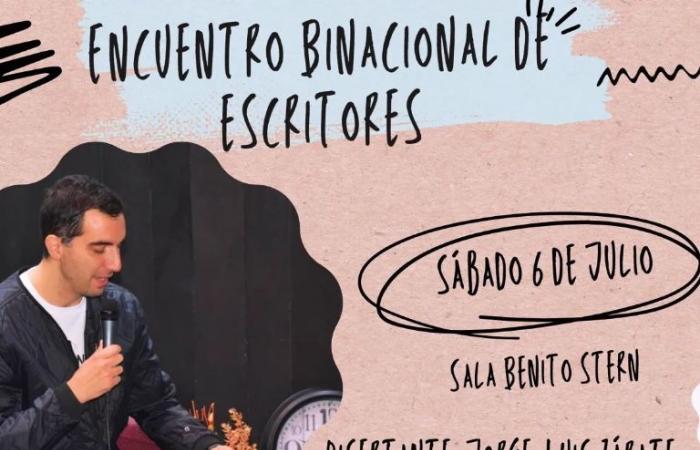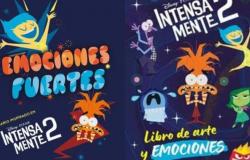Jorge Luis Zarate He is a writer from Río Grande considered one of the current Fuegian exponents of literature, who has a prolific career in which he narrates personal experiences, social problems and has the island as one of his central sources of inspiration.
On July 6, it will be presented at the Binational Writers Meeting that will take place in the city of Punta del Este, Uruguay., where he will take a tour of his seven books and read some of his stories published in “Encrucijada”. A work that ranges from the Malvinas theme to the impact that the Conquest of America had on the native peoples of Tierra del Fuego.
In dialogue with InfoFueguina, Zárate (36) highlights that both Río Grande and Tierra del Fuego greatly influence their literature. And although he clarifies that he has lived in La Plata for several years, he always feels like a representative of the province no matter where he goes.
“In my first books there I was not so present, but later I understood that the reader has to identify with the places they travel and I began to set my stories in Tierra del Fuego. I was learning as a writer and developing. I made some with the Malvinas theme and there is one (Encounter with Cauchicol) that imagines a meeting of mine with the chief Selknam and I talk a little about the disasters that the conquest caused. It was feeling identified with all that was so sad and so strong,” he explains.
In relation to the above, the writer adds that another of the Encrucijada texts called “On the edge of the Fire River” is located in the province and is a reflection on freedom. He also comments that his work draws a lot from what he is living, thinking and acquiring experiences on trips throughout Argentina.
“‘On the edge’ arose from an experience that we went fishing with friends, and in that inhospitable place a reflection was generated and I turned it into a story. I always like, beyond the entertainment and clarity that reading can generate, to have an instance of reflection in the story. Sometimes more explicit and other times less. But in all my writings, whatever their genre, I seek to have a reflective part of common themes such as love, freedom or loneliness,” he points out.
Zárate also works as a teacher in primary schools, provides literary workshops in La Plata prisons called “Revalue history,” and ensures that both opportunities serve to bring the history and culture of the province even closer. He defines his experience with the detainees as “one of the strongest that literature has given me.”
“My students know a lot of things about Tierra del Fuego because when we talk about the Malvinas I show them photos of the signs in Río Grande with the distance to the Islands. In prisons, people deprived of their liberty were also very interested in the topic. Then I told them that I was from Fuegian, I took the computer and showed them images. One’s chest swells with pride”, he comments excitedly.
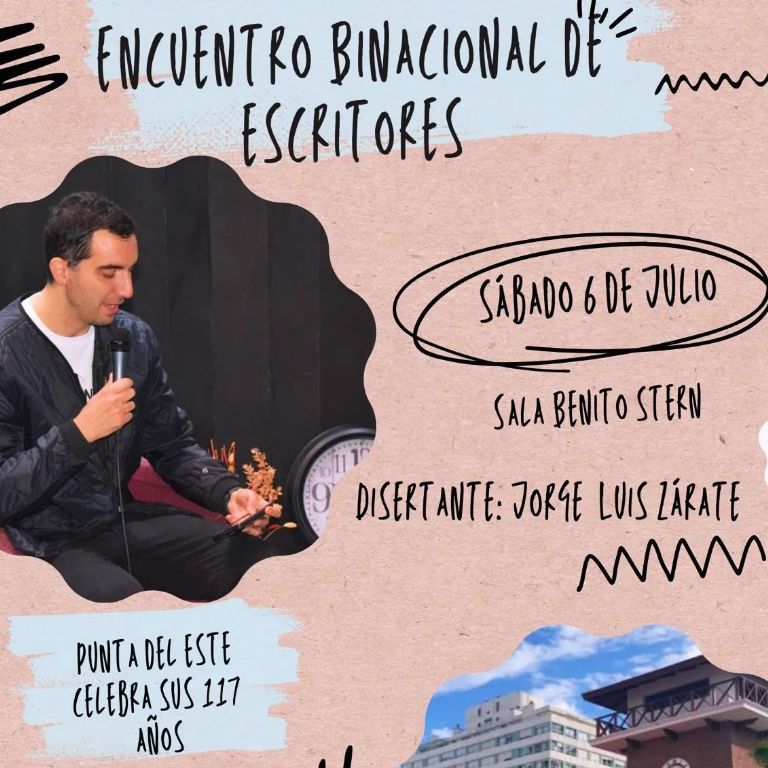
Regarding “Revaluing history”, Zárate maintains that the objective is for people deprived of liberty to be able to translate their experiences into texts and reflect on the days they go through during confinement, added to the fact that in many cases they do not receive visits and He is the only person from abroad with whom they establish any type of contact.
“In the prison they told me ‘you are the only person who came to visit us in four or five months’. It’s a blow to the heart. I teach them how to write their biographies and I tell them that we all have good and bad days. And once they can continue doing the good things they have done, and the bad things they reflect on, they say ‘I don’t want this in my life anymore.’ It is an opportunity for them to reflect and feel free,” she says.

